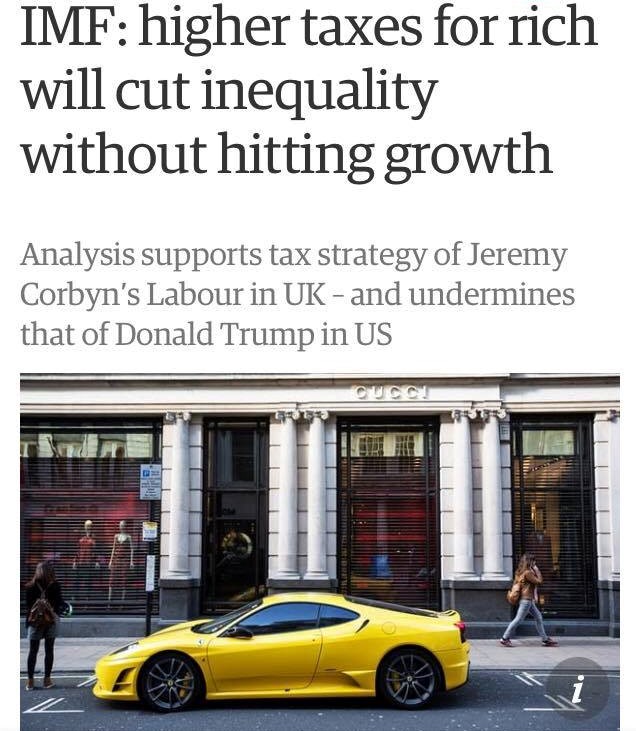Here is an article on the IMF’s latest stance on tax reform. To help you understand the article, we have provided you with some key terminology and examples how to use those terms in your daily life.
adverse: slowing down or stopping development:
- The new tax system will have an adverse impact on small and medium-sized enterprises.
- I believe our clientele will have an adverse reaction to the proposed increase in transfer fees.
demolish: to pull or knock down a building / to give a very detailed argument against someone’s opinion
- Did you read the article on the Minister of Economics tax proposal? The journalist really demolished the proposal.
- We can demolish our competitors offer here, we really should win this tender.
empirical results: knowledge gained through observation and experimentation
- There is a lack of empirical evidence to support these conclusions.
- Empirically speaking it is difficult to argue that, but I believe in my stomach that it is true.
excessive: more than necessary, normal, desirable
- We have spent an excessive amount of time and money on advertising, we need to do more direct selling.
- The amount spent on completing this project has been excessive.
scaremonger: a person who spreads frightening / scary rumours
- The Opposition Party are just scaremongers, we are going in the right direction.
- We have to forget about the scaremongers and move forward.
slashed: to make a big cut to costs
- Spending on health care has been slashed.
- If we slash expenses in this project, we will be under budget.
giveaways: something that is given away for free
- We will have some giveaways at the trade fair next week, probably some pens.
- Most of the giveaways I get, go straight to the garbage.
infighting: disagreements inside of a group
- There is a lot of infighting in production, they need to figure their problems out.
- The political party has a lot of infighting. I’m not sure how they will be ready for the next election.
fringe meeting: meetings that are not part of the main programme (usually used in politics)
- During a fringe meeting, the politician said that they would slash the health care budget. It wasn’t on the meeting agenda, but that turned into the biggest news story of the week.
- The lectures and presentations are interesting, but the most important discussions occur in the fringe meetings.


